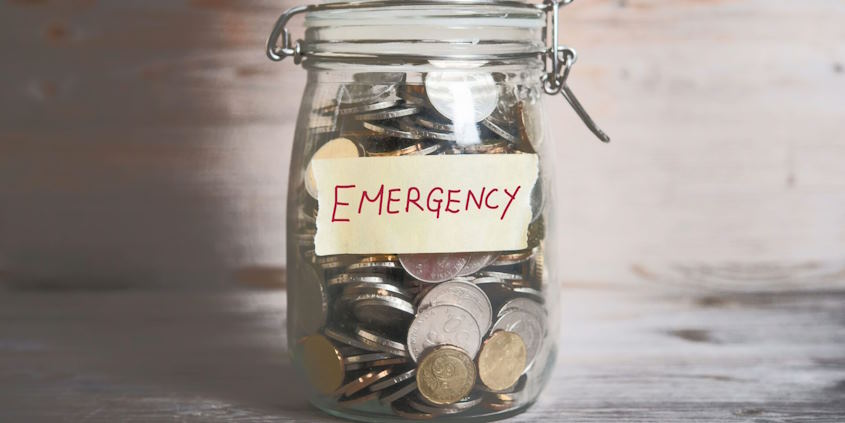Nowadays, with constant financial temptations and expenditures, cultivating mindful money-spending habits becomes a powerful tool for achieving financial well-being. Mindful money spending goes beyond mere budgeting. It involves a conscious and intentional approach to how we use our resources.
How can mindful money spending change your life?
Mindful money spending can be a transformative force in your life. It empowers you to take control of your finances, reducing stress and fostering a sense of financial responsibility. You create a more meaningful and purposeful life by aligning spending with values and priorities. This intentional approach leads to increased savings, better decision-making skills, and the ability to invest in a secure financial future.
Besides, mindful spending not only strengthens relationships through shared financial goals but also promotes sustainable living and gratitude for what you have. Breaking free from impulse purchases allows you to focus on experiences and long-term financial freedom.
In essence, mindful money spending is a holistic lifestyle that positively reshapes your financial well-being and overall satisfaction.

What are the best such habits?
Differentiate Between Needs and Wants
Practice discernment in distinguishing between essential needs and discretionary wants. Prioritize fulfilling your needs before indulging in wants. This habit helps in maintaining a balanced and sustainable approach to spending.
Create a Budget
Establishing a budget is a foundational habit for mindful money spending. Outline your income, expenses, and savings goals. Regularly review and adjust the budget to accommodate changes in your financial situation, ensuring it remains a practical and effective tool.
Avoid Impulse Purchases
Steer clear of impulsive buying by implementing a waiting period before making non-essential purchases. This habit allows you to evaluate the item’s necessity and prevents spur-of-the-moment spending decisions.
Comparison Shopping
Before making purchases, invest time in researching and comparing prices. This habit ensures that you make informed decisions, getting the best value for your money and avoiding unnecessary expenditures.
Create a Shopping List
Consider the practice of creating a shopping list before making any purchases. This simple yet effective habit involves outlining your essential items and prioritizing needs over wants. By having a detailed shopping list, you not only stay organized but also stay focused on your predetermined priorities.







